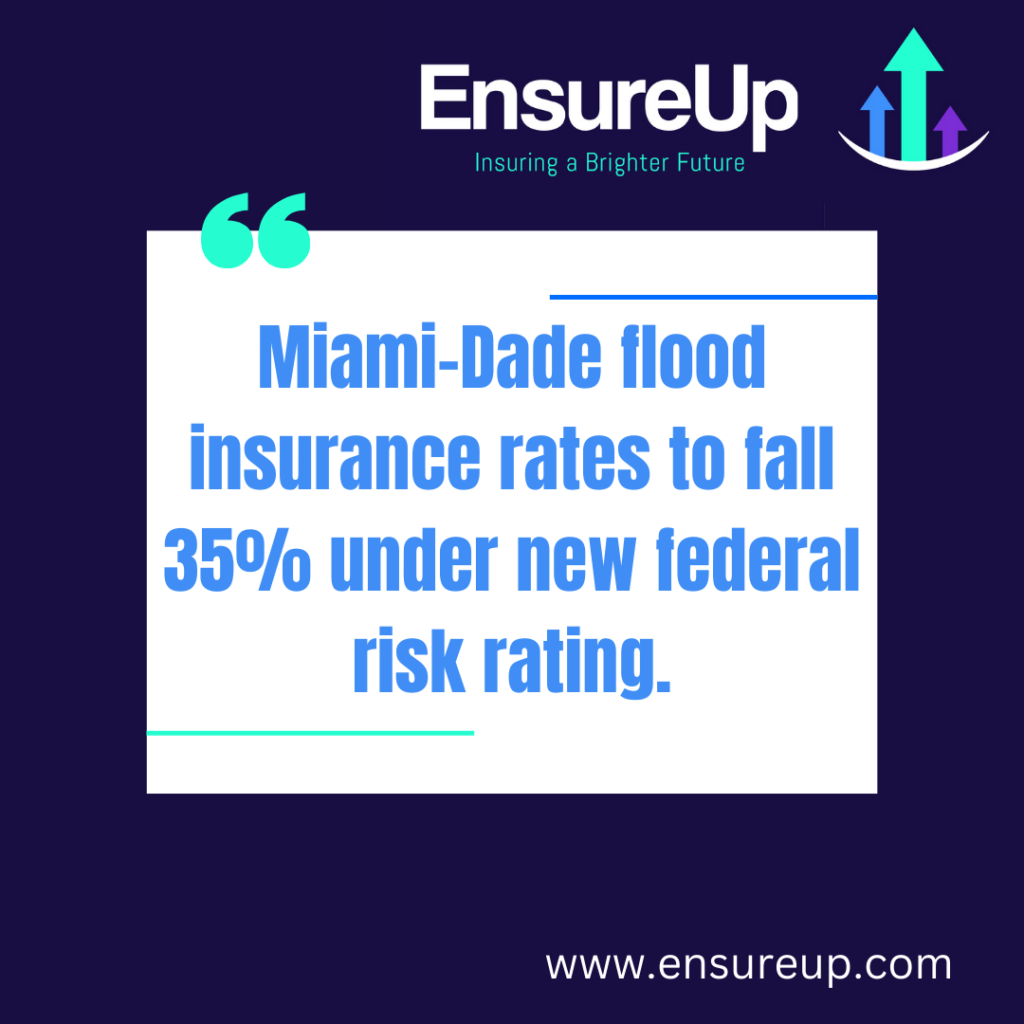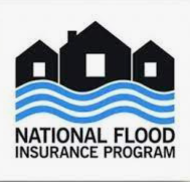Insurance is a topic that often leaves people with misconceptions and misunderstandings. In this article, we’ll tackle five of the most common insurance myths and provide a technical breakdown to debunk them. We’ll also emphasize the role of independent insurance agents in guiding clients through the intricacies of insurance and tailoring coverage to their unique needs.
Myth 1: Insurance Is a Waste of Money
Debunking the Myth:
Insurance is far from a waste of money. In reality, it serves as a financial safety net that protects you from bearing the full financial burden of unexpected events. Insurance allows you to transfer risks to an insurer, ensuring that you won’t face catastrophic losses on your own. It’s an investment in your financial security and peace of mind.
Insurance works on the principle of risk pooling, where many individuals pay premiums into a common fund. When a covered event occurs, the insurer uses these funds to compensate the policyholder. Without insurance, individuals would have to bear the full financial brunt of accidents, illnesses, natural disasters, or liability claims, which could lead to financial ruin.
Insurance also provides peace of mind, allowing you to focus on your daily life and business operations without the constant worry of unexpected financial setbacks. Knowing that you have protection in place for your assets and loved ones can significantly reduce stress and anxiety.
Myth 2: You Only Need Minimum Required Coverage
Debunking the Myth:
While meeting minimum coverage requirements is essential, it may not be sufficient to safeguard your financial assets adequately. Minimum coverage often falls short in scenarios with significant losses. Tailoring your coverage to match your specific risks and financial situation is essential. Independent insurance agents excel in this aspect, as they can offer a wide range of coverage options to meet your unique needs.
Minimum required coverage levels are typically set by government regulations and are designed to ensure a basic level of protection. For example, auto insurance requirements vary by state but typically include liability coverage to pay for damages you may cause to others in an accident.
However, these minimum requirements may not account for additional risks you face or the value of your assets. For instance, if you own a home, minimum homeowners insurance coverage may not fully protect your property and personal belongings in the event of a disaster. To ensure comprehensive protection, it’s crucial to work with an independent insurance agent who can assess your risks and recommend appropriate coverage levels.
Myth 3: Insurance Is Too Expensive
Debunking the Myth:
The cost of insurance varies depending on several factors, including the type of coverage, policy limits, deductibles, and your risk profile. While insurance premiums may seem like an expense, they are often significantly lower than the potential financial cost of a covered event. Many insurers offer discounts and bundle options to make insurance more affordable.
The cost of insurance is influenced by various factors, such as your age, location, the type of coverage you need, and your claims history. While some insurance policies, such as comprehensive auto coverage or comprehensive homeowners insurance, may have higher premiums, they offer extensive protection that can save you thousands of dollars in the event of a major loss.
Moreover, insurance providers often offer discounts to policyholders. These discounts can be based on factors such as bundling multiple policies (e.g., auto and home insurance with the same insurer), maintaining a good driving record, installing safety features in your home or vehicle, or having a monitored security system.
Additionally, deductibles, which represent the amount you’re responsible for paying before insurance coverage kicks in, can significantly impact premium costs. By choosing higher deductibles, you can lower your premiums. However, it’s essential to strike a balance between affordability and the ability to cover potential out-of-pocket expenses.
Myth 4: Insurance Companies Always Deny Claims
Debunking the Myth:
Insurance companies aim to process valid claims fairly and efficiently. While claim denials do occur, they are typically related to policy violations or exclusions. Reading your policy carefully, understanding its terms, and seeking clarification from your insurance agent can help prevent claim denials. Independent agents can be invaluable in navigating the claims process and ensuring you have a comprehensive understanding of your policy.
Claim denials can be frustrating and stressful, but it’s essential to remember that insurance companies have a vested interest in paying valid claims promptly. Denials typically arise when policyholders fail to meet certain conditions specified in their policies or when claims fall outside the scope of coverage.
Common reasons for claim denials include:
Filing a claim for a non-covered event: It’s crucial to understand the specific risks and perils covered by your policy.
Failing to meet policy deadlines: Many policies have specific timeframes for reporting claims, and failing to adhere to these deadlines can result in denials.
Violating policy terms: If you make material misrepresentations on your application or violate specific terms and conditions in your policy, your claim may be denied.
To prevent claim denials, it’s essential to review your policy carefully and consult with your insurance agent to ensure you fully understand your coverage and obligations. Independent agents can offer expert guidance in this regard, helping you navigate the claims process successfully.
Myth 5: Insurance Covers Everything
Debunking the Myth:
Insurance policies have limitations, including coverage limits, deductibles, and exclusions. Not all events or circumstances are covered. It’s crucial to thoroughly read and understand your policy to avoid surprises when filing a claim. Different types of insurance are designed to cover specific risks, and it’s essential to have the right policies in place for adequate protection.
Insurance policies are contractual agreements that outline the terms and conditions of coverage. While they provide protection against a wide range of perils, they may exclude certain events, conditions, or situations. Common exclusions in insurance policies can include:
Acts of war or terrorism: Many insurance policies exclude coverage for damage caused by war or acts of terrorism.
Wear and tear: Property insurance policies typically do not cover damage caused by normal wear and tear or lack of maintenance.
Intentional acts: Insurance does not cover damage or injuries resulting from intentional actions or criminal acts committed by the policyholder.
Floods: Standard homeowners insurance often does not cover flood damage, requiring a separate flood insurance policy.
It’s essential to review your policy’s coverage and exclusions carefully to understand the extent of your protection. If you believe you need coverage for a specific risk or event not covered by your existing policy, consult with your insurance agent to explore additional options or riders that can enhance your coverage.
The Role of Independent Insurance Agents
Independent insurance agents are uniquely positioned to help clients debunk these myths and make informed insurance decisions. Here’s why they are the preferred choice:
Carrier Options: Independent agents have access to a broad network of insurance carriers and brokers, allowing them to offer a wide range of coverage options to meet your unique needs.
Personalized Service: They work closely with clients to assess their unique risks and financial situation, ensuring they receive the coverage that provides the best protection.
Independent agents can be a great solution to make sure you have the proper insurance and are in the best place to be covered when a claim occurs. Reach out to your local agent to confirm you have ideal coverage or provide you an accurate quote for your needs. Give us a call at (305) 452-0587 if you have any questions regarding your insurance.










